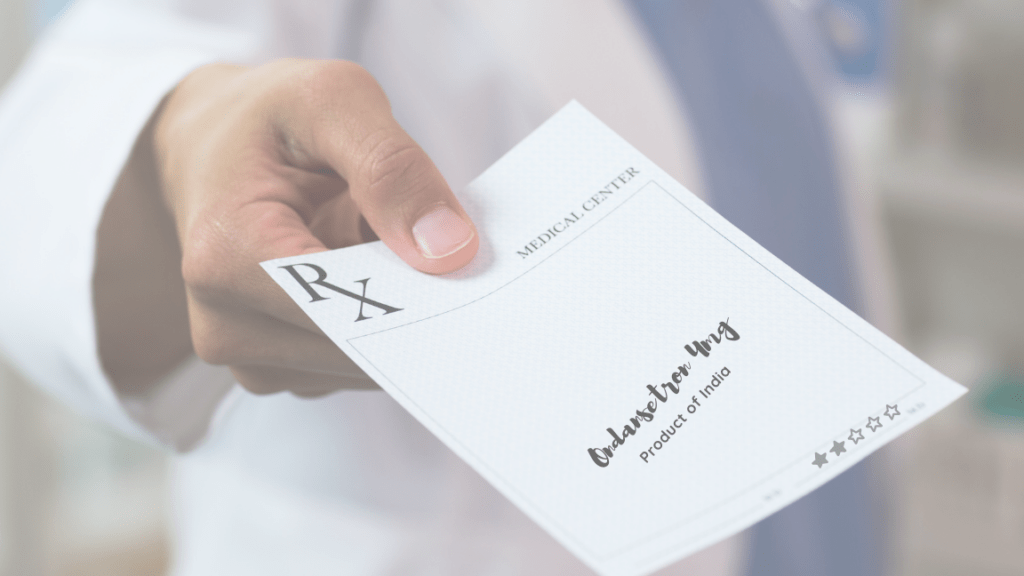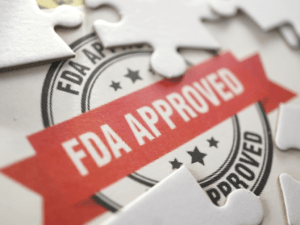Are American-made pharmaceuticals preferred over imports? In instances where your average generic drug does not have an origin label, like Made in India, or Made in the USA for example, then Americans say they would prefer the locally made one. In other words, if it is going to be a mystery as to where medication comes from, those who take those medications say they would want it to be made here, according to a report titled “Generic Drug Transparency: Testing a Regulatory Policy Proposal”, published on November 20.
The Food and Drug Administration (FDA) knows what lab made the drugs and its inspection history – such as the number of import restrictions or bad grades from inspectors. The FDA does not release this data to the public, nor require medication to have an origin label. That is left up to companies to do themselves. Over-the-counter generic drugs like Advil, for instance, will say who distributed the drugs but not where it was made. Some big prescription-only medications will include an original label.
There is talk within Congress and among healthcare advocates to come up with some type of labeling system that not only requires origin labels, but gives the FDA the power to say if a lab has recalled this drug in the past, or was on the receiving end of a so-called Warning Letter – a note from an FDA inspector citing numerous faulty management practices that pose a risk to drug safety.
Medicines made in the U.S. are preferred over imports if the customer is not made aware of lab quality, or product origin, a Nov. study suggests.
A Congressional-commissioned National Academy of Sciences Engineering and Medicine (NASEM) report last year (“Building Resilience into the Nation’s Medical Products Supply Chain”) recommended that the FDA increase drug transparency by requiring manufacturers put manufacturing location and quality ratings on drug labels. These recommendations were made to facilitate consumer preferences that may reward high quality manufacturers and U.S. drug manufacturing. The FDA has not acted on these recommendations because doing so contradicts FDA messaging that all generic drugs approved via the same original drug are fully interchangeable, regardless of where the lab is. A study by four academics from Ohio State University, University of New Mexico, the Kelly School of Business at Indiana University and the University of Colorado Leeds School of Business wanted to test whether drug transparency recommendations made in the NASEM report would entice people on prescription drugs to be more inclined to buy locally made drugs. The researchers implemented two randomized choice-based experimental studies with 1,500 U.S. participants to test NASEM’s recommendations. Results indicate a strong preference for U.S.-made generic drugs when quality is not transparent, implying that consumers may not be fully convinced that all generic drugs are equal regardless of where they come from.
According to the 30-page study, respondents were more trusting of U.S.-made pharmaceuticals if the FDA was not going to be transparent about a lab’s history of recalls and import restrictions. The only time there was less of a U.S.-bias was if labels included transparency of the lab’s recent inspection history and recalls.
The NASEM report, which was used as the foundational work for the four-author study, said that FDA drug transparency labeling would make it possible for domestic generic drug manufacturers to compete on both manufacturing location and quality, and this could “tilt market shares to U.S. and/or high-quality manufacturers, both of which should likely lead to greater drug supply chain reliability and resilience.”
During a Senate Finance Committee hearing on Tuesday, Sen. Thom Tillis (R-NC) called for a CHIPS Act for generic drugs. That law, signed last year, provides for tax incentives to reshore some of the domestic semiconductor chip manufacturing base lost to Asia over the last 20 years. In October, Rep. Claudia Tenney (R-NY) said she would propose legislation to do just that. Her Producing Incentives for Long-term Production of Lifesaving Supply of Medicines (PILLS) Act was announced on Oct. 26 to promote the production of locally made generic drugs. CPA Chairman Zach Mottl called it an “incredibly important bill.” Reps. Carol Miller (R-WY) and Nicole Malliotakis (R-NY) are co-signers as of Dec. 5.
Drug Recalls from India on the Rise
Last month, over-the-counter eye drops made by Kilitch Healthcare in India were recalled by the lab. The product is sold nationwide at CVS, Target, Walmart, and other pharmacies and was recalled by Kilitch due to improper sterilization, the FDA said on Nov. 15.
In April, the EzriCare brand recalled eye drops that led to severe eye damage, and even blindness due to bacterial infection. The product was imported. NBC News reported on three patients dying because of it.
In the current drug market structure, consumers have little ability to incentivize anything but low price, as they simply have to trust the FDA that all drugs are equally safe and that where the drug is made has no practical relevance, report authors wrote. In the FDA’s own words this year, the “consumer usually cannot detect (through smell, touch, or sight) that a drug product is safe or if it will work” nor can a consumer reliably determine where a drug is manufactured. This is especially true for all over-the-counter drugs from Tylenol to Nyquil. Generic drugs are commodity products, unlike branded drugs, and competition is based almost completely on price, with quality assumed to be sufficiently high, and recalls all at the whims of the labs, including foreign labs that are not inspected as regularly as domestic ones.
Given this state of the market, it makes sense that manufacturers would make generic drugs as cheaply as possible, including, but not limited to, seeking out the most cost-effective manufacturing countries, such as India, even if product safety is unreliable.
The biggest takeaway from the report is that quality matters of price and that if quality cannot be labeled, consumers are more trusting of local labs than foreign ones.
Americans take 131 million prescription drugs daily. And 90 percent of these prescriptions are filled with generic medications. U.S. patients depend on imports for at least two-thirds of these generic drugs. Nearly 90 percent of the active pharmaceutical ingredients the United States needs to manufacture medications are also made overseas. This not only threatens patient safety but also hurts the competitiveness of America’s remaining pharmaceutical producers, wrote Michael Stumo, CEO of CPA, in a Nov. 7 op-ed published by DC Journal.
“It will take time for the United States to rebuild our domestic pharmaceutical manufacturing,” Stumo wrote. “A moonshot effort is urgently needed.”
India Drug Maker Aurobindo Keeps Getting Poor Grades by the FDA














